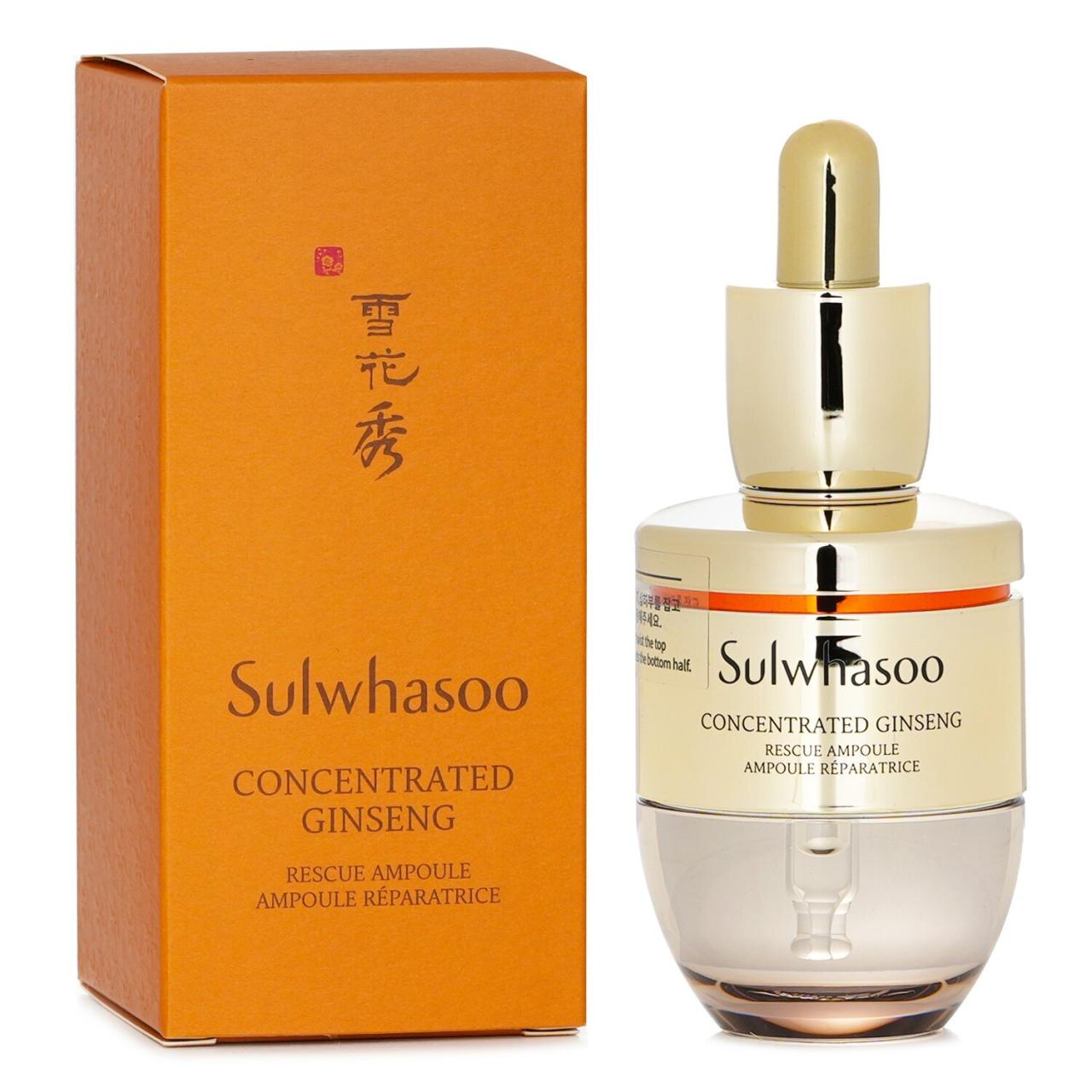
Title: Transparency in Ginseng Skincare Labeling: A Key Focus for Consumers in the Philippines
Introduction
In today’s skincare market, consumers in the Philippines are becoming increasingly discerning, seeking out products that not only promise effectiveness but also prioritize transparency in labeling. Particularly in the realm of ginseng skincare, where the allure of natural ingredients and their potential benefits is strong, consumers are paying closer attention to product labels. This essay aims to explore the critical importance of transparency in ginseng skincare labeling, from understanding ingredients to navigating regulatory standards, and its impact on consumer trust and brand loyalty.
The Importance of Ingredient Transparency in Ginseng Skincare Products
Transparent labeling in ginseng skincare products is crucial as it allows consumers to make informed decisions about the products they use on their skin. Ingredient transparency ensures that consumers know exactly what they are applying to their skin and can assess the suitability of the product for their individual skincare needs. For example, a consumer with sensitive skin may wish to avoid products containing certain allergens or irritants, which can be identified through transparent labeling.
Understanding Labels: What Consumers Need to Know About Ginseng Skincare Labeling
Consumers need to understand how to interpret ginseng skincare labels to make informed choices. Labels often contain information about the percentage of ginseng extract, presence of synthetic additives, and certifications such as cruelty-free or vegan. For instance, a product labeled as “100% pure ginseng extract” suggests a high concentration of ginseng, while the absence of certain certifications may indicate that the product does not meet certain ethical standards.
Common Labeling Practices in Ginseng Skincare: A Consumer’s Guide
Despite the importance of transparency, some ginseng skincare brands may engage in deceptive labeling practices. For instance, a product labeled as “natural” may still contain synthetic additives, while exaggerated claims about the benefits of ginseng may mislead consumers. It is essential for consumers to be vigilant and discerning when evaluating skincare labels to ensure they are making informed choices.
Regulatory Standards for Skincare Labeling in the Philippines: Ensuring Transparency and Safety
Regulatory agencies such as the Food and Drug Administration (FDA) oversee labeling requirements for skincare products in the Philippines to protect consumer health and safety. These regulations mandate the disclosure of key information, including ingredients, usage instructions, and expiration dates. However, enforcement and compliance with labeling regulations can vary, highlighting the need for greater oversight and transparency in the industry.
Consumer Rights and Responsibilities: Navigating Ginseng Skincare Labels with Confidence
Consumers have the right to accurate and transparent labeling information to make informed purchasing decisions. However, they also have a responsibility to educate themselves about skincare labels and ingredients to navigate the market effectively. By understanding labeling practices and regulations, consumers can advocate for their rights and demand transparency from brands.
The Impact of Transparent Labeling on Consumer Trust and Brand Loyalty
Transparent labeling plays a significant role in building consumer trust and brand loyalty. Brands that prioritize transparency not only comply with regulatory requirements but also demonstrate their commitment to ethical and responsible business practices. As a result, consumers are more likely to repurchase from brands they trust and recommend them to others, contributing to long-term brand success and sustainability.
Case Studies of Ginseng Skincare Brands with Transparent Labeling Practices
Several ginseng skincare brands in the Philippines have gained recognition for their commitment to transparent labeling practices. For example, [Brand Name] provides detailed ingredient lists and sourcing information on its product labels, allowing consumers to make informed choices about their skincare routine. Similarly, [Brand Name] emphasizes transparency in its marketing materials and online platforms, building trust and credibility with consumers.
Trends and Innovations in Ginseng Skincare Labeling: What’s Next?
As consumer demand for transparency continues to grow, ginseng skincare brands are embracing innovative approaches to labeling and communication. Emerging trends include blockchain technology for supply chain transparency, QR codes for accessing detailed product information, and augmented reality apps for virtual product testing. These advancements hold promise for enhancing transparency and accountability in the ginseng skincare industry.
Empowering Consumers: Educational Initiatives for Understanding Ginseng Skincare Labels
Consumer education plays a crucial role in empowering Filipinos to navigate the complexities of ginseng skincare labeling. Brands, regulatory agencies, and consumer advocacy groups can collaborate to provide educational resources and raise awareness about the importance of transparency in labeling. By educating consumers about how to interpret skincare labels and identify trustworthy brands, stakeholders can empower them to make informed and confident choices.
Recommendations for Brands: How to Enhance Transparency in Ginseng Skincare Labeling
To enhance transparency in ginseng skincare labeling, brands should prioritize honesty, accuracy, and clarity in their product communication. They should provide detailed information about ingredients, sourcing practices, and product efficacy, while avoiding misleading or deceptive claims. Additionally, brands should engage with consumers transparently through digital platforms and customer feedback channels to build trust and credibility over time.
Conclusion
In conclusion, transparency in ginseng skincare labeling is essential for empowering consumers to make informed decisions and building trust between brands and consumers in the Philippines. By prioritizing honesty, accuracy, and clarity in labeling practices, ginseng skincare brands can foster consumer trust and loyalty, comply with regulatory requirements, and contribute to the long-term success and sustainability of the industry. Moving forward, stakeholders across the ginseng skincare value chain must collaborate to promote transparency, educate consumers, and drive positive change in the industry.
No Comments Yet